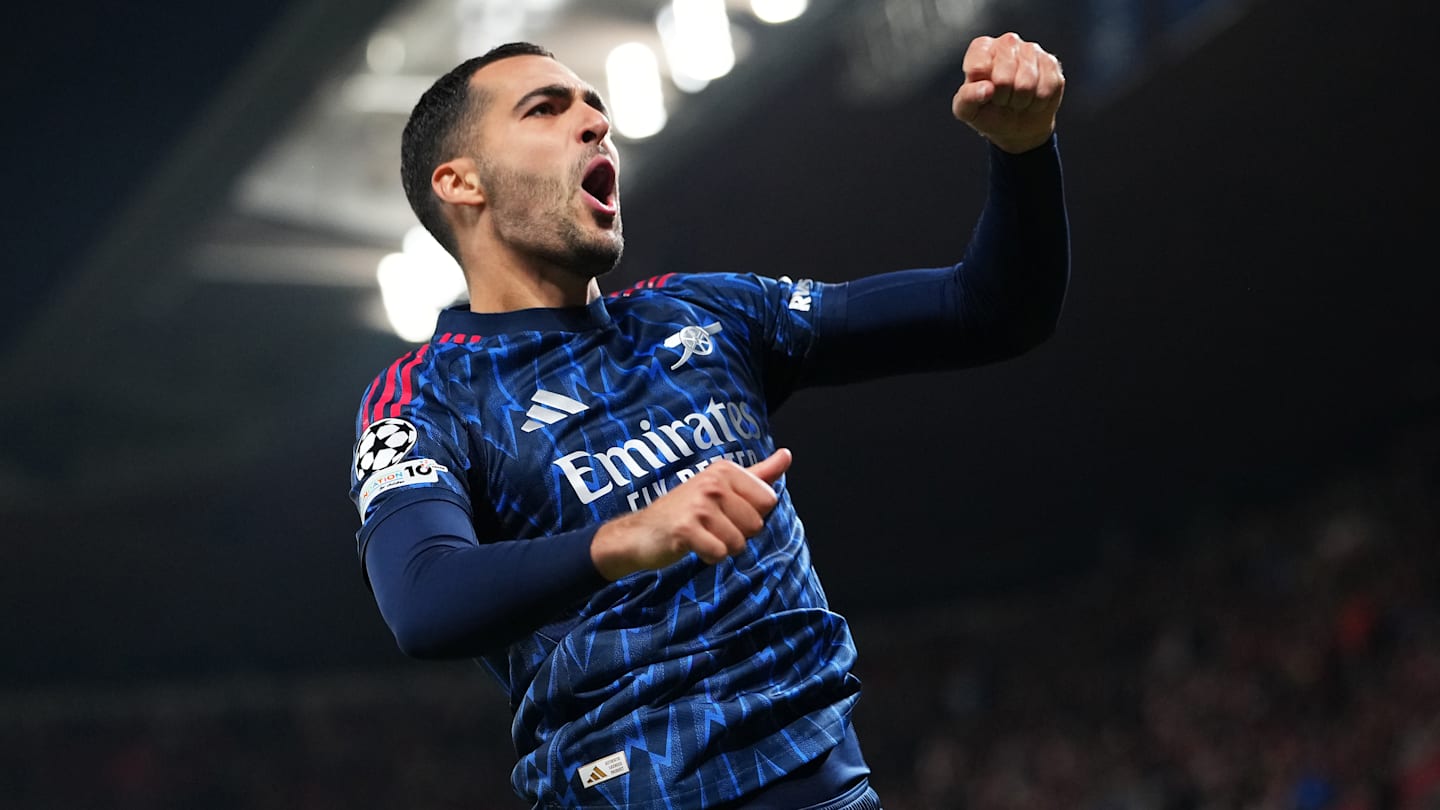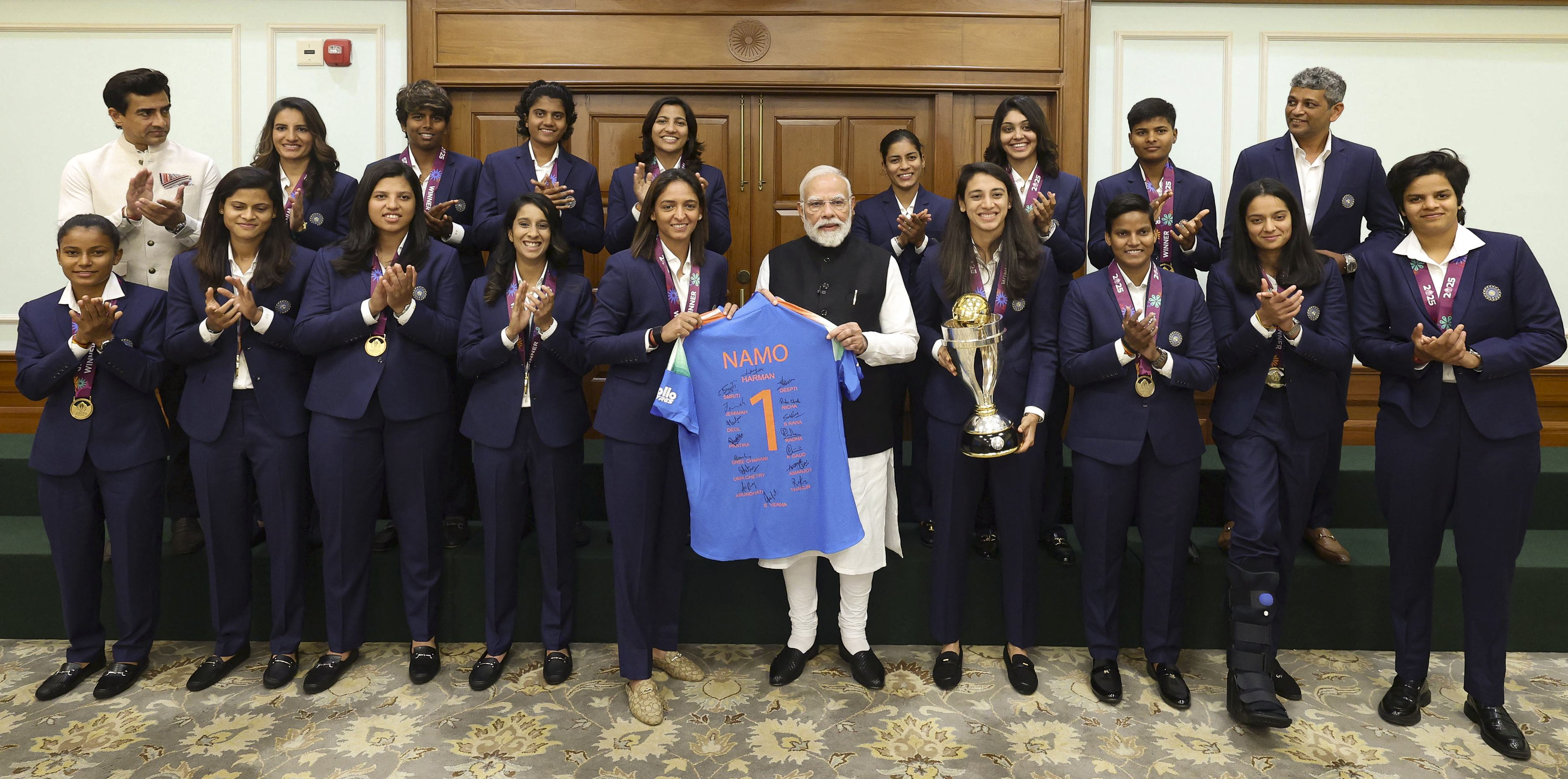Alexander Bublik: Mr Unpredictable

This feature originally appeared in Australian Tennis Magazine’s October/November 2025 issue, which has a special 'legacy' theme. Bublik has since gone on to reach his first Masters-level semifinal in Paris and has risen to 11th in this week's ATP Live Rankings.Now in its 50th year, Australian Tennis Magazine continues to bring you in-depth coverage from the international tennis circuit plus features, instructional content and more. Visit the online shop to preview and order your copy.There is truly no player quite like Alexander Bublik. Crowds flock to see him play live and his improvised hot shots are regular viral hits on social media.In one minute, the Kazakhstani clatters aces for fun, in the next he hits ‘no look’ passes. Always delivered with a mischievous grin as he thrives off an adoring crowd.In other instances, Bublik can appear disengaged with the battle. Many pundits have argued that given his natural level of skill, he should have achieved considerably more at this point in his career.It’s rarely textbook but make no mistake – the 28-year-old has the raw power and extensive armoury to endanger the very best. Bublik is the ultimate disruptor.It hasn’t always been smooth. In several interviews over the years, the open-book character has stated he “hates” tennis. Becoming a father to son Vasily in 2022 has coincided with a softer tone from the top-30 talent. Still, he’s unlikely to conform to the traditions and dedication required to jostle in the upper echelons of the game.Even so, in May 2024, Bublik was riding at a career-high world No.17. Then came an alarming slump in form as he chalked up just nine match wins in the second half of the year.New season, same issue, with Bublik losing eight of his opening 10 matches this year. When the Indian Wells Masters rolled around in March, his ranking had spiralled to world No.72 – and Bublik decided enough was enough.“I got to 17 in the world, which was a big thing for me. I never thought I could make it to the top 20,” the 28-year-old said at Roland Garros in May. “Then I’m like, ‘OK, I have to do this and that, I have to practise harder, work on my diet, stop drinking, stop partying. Have to be a more professional soldier’.”Yet it was far from a lack of a practice – or even the necessary attitude – that had impeded Bublik’s progress. In fact, the opposite was true.“I just burned out because I was waiting for the results to come,” Bublik added. “I was looking at points, the [year] race thing [and thinking] ‘OK, if I do this, this, and that, which I'm capable of, if I practise more, if I hit better forehands, it will come’.“It didn’t, and then I got to the point, ‘why am I sacrificing so much? For what?’ Then it was the other way around. I am 80 in the world.”Coach Artem Suprunov suggested an unconventional approach. Between Indian Wells and an ATP Challenger event in Phoenix, Arizona, they headed to Las Vegas to blow off steam. It was make or break as Bublik considered whether to remain on tour.“Vegas, like a Hangover film Vegas. It was a good three days. I arrived three hours before the match in Phoenix, and I let it all out. I said, ‘OK, I’m useless now, I can’t win a match, so let it be, let’s see how it goes’,” he said.He soared into the final, only denied the trophy lift by an inspired Joao Fonseca. Partying in Las Vegas and practising less had worked wonders.“I just took matches way more seriously, because I can’t see myself out top 100 and not being able to play the tournaments I like to play, because I still have courage to play tennis,” he related.“I guess there was just a shift in the mentality because I had no options whatsoever. Just stick in, and I was lucky enough to win a lot of matches.”The next significant steps came on the clay of Madrid as three top-40 triumphs set a fourth-round clash with fast-rising Jakub Mensik. The Czech teenager’s 6-3 6-2 victory prompted the most Bublik of exchanges with umpire Mohamed Lahyani.“Mohamed, remember when tennis was easy? Five years ago, it was super easy to play tennis. You had a bunch of random people in the top 50, barely moving,” said Bublik at a changeover. “Now this guy (Mensik) is not even top 10.”Bublik drew on earlier advice from Gael Monfils, who had urged him to take a more professional approach during a conversation in Dubai.“Me, of course, I’m not the most professional guy on the planet … As you can see, everyone is professional now, which is concerning. I believe we should have more room for fun,” he related.“Gael [told me] ‘You wait for your chances. If you waste it, it’s your problem’. This changed my perspective, because I stopped complaining about losing.”At Roland Garros, Bublik 2.0 arrived. After progressing to the second round, he was already “checking tickets in my head” to fly home when he trailed No.9 seed Alex de Minaur by two sets. But Bublik somehow reeled in the Australian 2-6 2-6 6-4 6-3 6-2 in just under three hours.“Was a bit early for me – 11am is not my preferable [start] time. I was a bit sleepy in the first two sets,” Bublik assessed. “It was a key to wake up and then to play one of the best Slam matches that I ever played in my life."While there’s always humour involved with Bublik’s analysis, there was nothing comical as he continued his progress against qualifier Henry Rocha and stunned No.5 seed Jack Draper in four sets in the fourth round.The free-hitting Kazakhstani was finally a Grand Slam quarterfinalist and he stood with his hands on his hips, face swept with red clay after he fell to the ground in celebration.“Sometimes in life, there’s only one chance. I had a feeling that that was mine and I couldn’t let it slip,” he told the Court Suzanne Lenglen crowd with tears in his eyes. “Standing here, it’s the best moment of my life."When the mesmerising journey ended with a straight-sets loss to Jannik Sinner, many wondered if he could build on the foundations laid in Paris.The only way, however, is the Bublik way."Tennis is 50 per cent of my life. I have other parts – being a dad, being a friend – which have the same importance to me,” he candidly admitted.“I will not put my health on the line. I'm not going to fight through injuries. If you tell me I will win a Slam but won’t be able to walk by 40, I'm not going to take the Slam.“I think in my perspective I’m very normal. I’m the guy you can see me having a nice time down the street in Paris in the evening before the match. Not to go crazy, but I’m social. I can skip the practice if I don’t feel [like it], and I think it’s pretty normal."It appeared the right approach when Bublik earned the biggest win of his career (by ranking) on the grass courts of Halle, lasering 36 winners past top-seeded Sinner in a 3-6, 6-3, 6-4 victory.“We are tennis players and we try to win every match we play but it is a special one,” said Bublik. “I had never beaten a No. 1 in the world. It is an accomplishment.”It highlighted the unique skill that had at times seemed overwhelming for the renowned shotmaker.“In order for me to win against the best of the best I have to find ways to outplay them because they will outwork me, outrun me,” he added.“I have a lot in terms of an arsenal of shot selections. Sometimes I have to go for crazy [shots] but this is the only option I have.”In a particularly Bublik manner, he went on to take the Halle title, then fell in the first round at Wimbledon. But rather than digging in on North American hard courts to prepare for the US Open, Bublik returned to European clay.On his least preferred surface, Bublik lifted trophies in Gstaad and Kitzbuhel, and after the US Open added his first outdoor hardcourt title in Hangzhou for his fourth trophy of the year.










